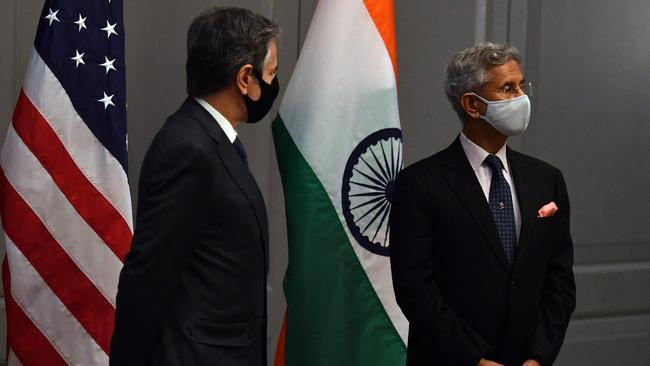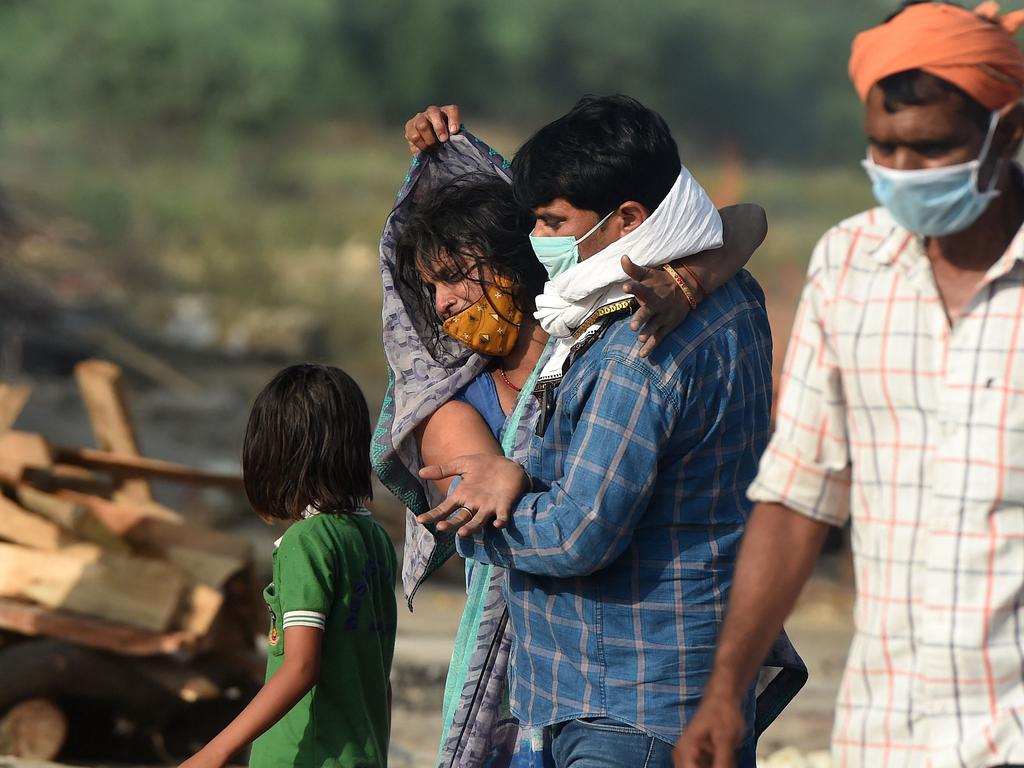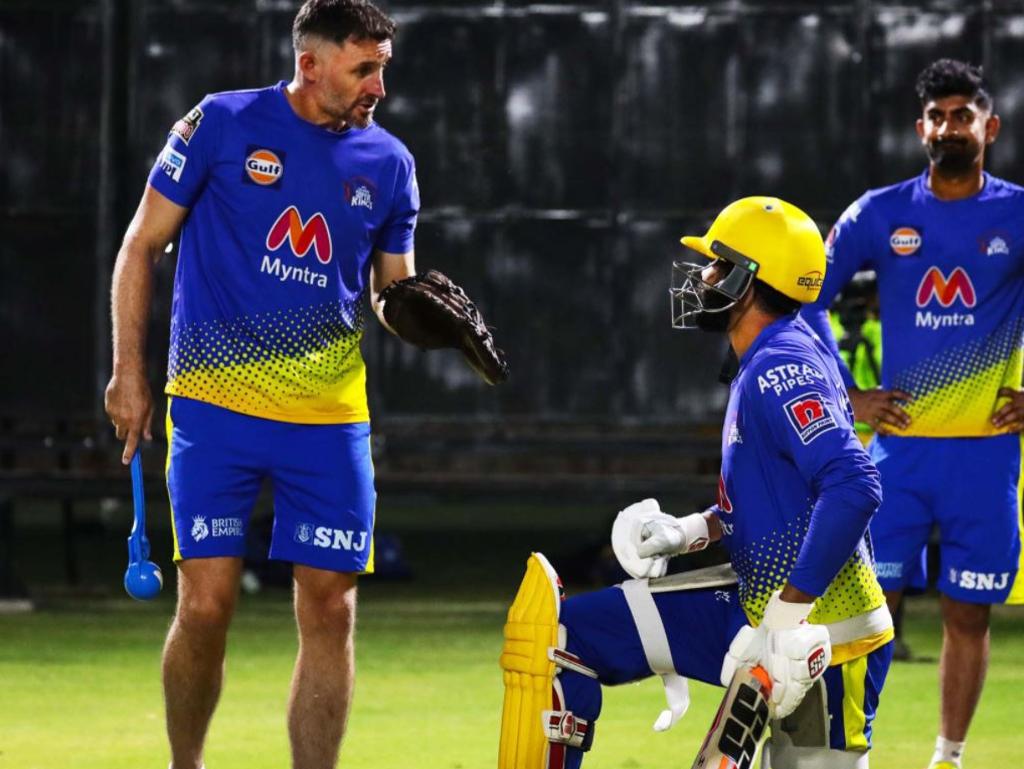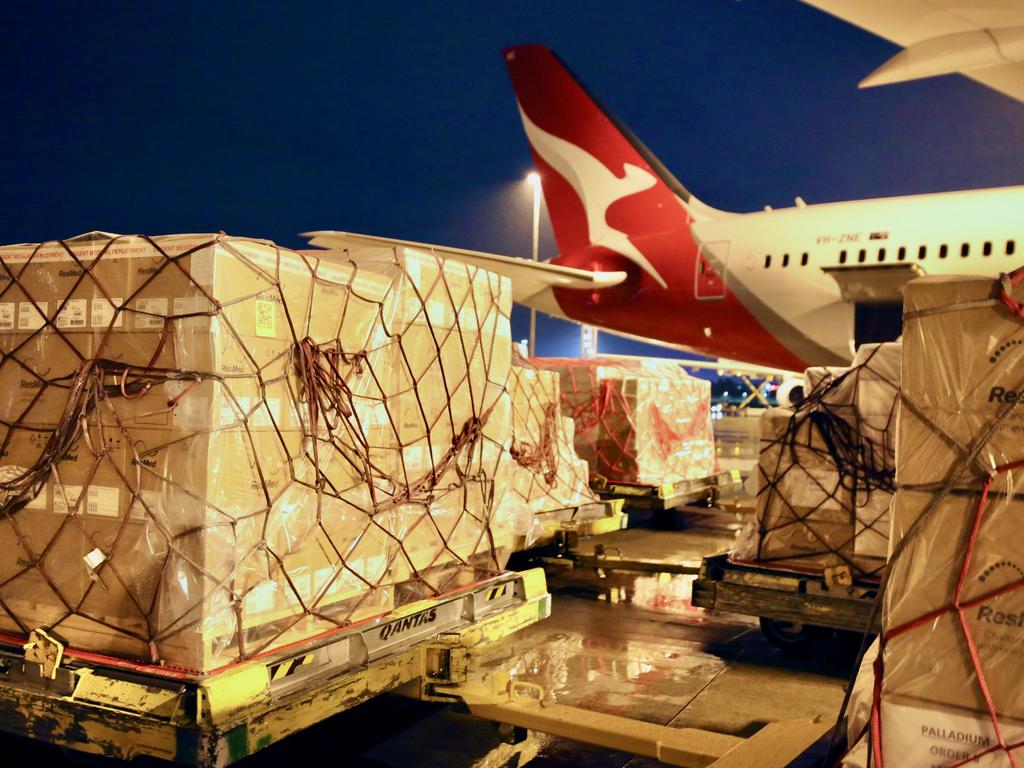Indian Foreign Minister Subrahmanyam Jaishankar at G7 exposed to possible COVID-19 cases
India’s foreign minister has been exposed to possible coronavirus cases, forcing him to hold virtual G7 meetings in London.

Foreign Minister Marise Payne’s G7 sideline meeting with her Indian counterpart will be held virtually after two members of the Indian delegation tested positive to coronavirus.
The entire Indian delegation at this week’s G7 foreign ministers’ summit, including minister Subrahmanyam Jaishankar, will now self-isolate in their London accommodation.
G7 officials said that Australia’s meeting with India would be held remotely, as will all other scheduled bilateral meetings involving India that had been planned for Wednesday and Thursday.
However all other delegations, including Australia’s, have passed their daily COVID tests – which involve a 30-minute lateral flow test.
Was made aware yesterday evening of exposure to possible Covid positive cases. As a measure of abundant caution and also out of consideration for others, I decided to conduct my engagements in the virtual mode. That will be the case with the G7 Meeting today as well.
— Dr. S. Jaishankar (@DrSJaishankar) May 5, 2021
The Indian cases were picked up early before any of the party had attended the G7 events, which included a working dinner on Tuesday night at Lancaster House, focusing on the Indo-Pacific region.
Mr Jaishankar said he had not tested positive, but was isolating as a precautionary measure.
“As a measure of abundant caution and also out of consideration for others, I decided to conduct my engagements in the virtual mode. That will be the case with the G7 meeting today as well,” he said.
The G7 foreign ministers meetings will continue despite the covid scare, with most of the participants, including Senator Payne, already vaccinated against the virus.
This is the first G7 meeting held in person in two years and the countries involved have put a high focus on being able to meet face-to-face to drive through some of the important issues surrounding China, Russia, and the environment.
“I think it‘s very important to try to continue as much business as you can as a government,” British Prime Minister Boris Johnson said.
“We have a very important relationship with India and with our G7 partners.”
The security measures surrounding the G7 meeting of foreign ministers has been particularly strict, with delegation numbers confined to essential staffers only. Everyone has to have daily testing at the onsite testing facility near to the meetings in central London, and there are clear screens to separate delegates in the meeting rooms.
At an early morning meeting Senator Payne and Mr Raab discussed Britain’s expanded commitment to the Indo-Pacific region and the country’s close co-operation with Australia on regional security challenges, including maritime threats, and climate change.
Britain has been encouraging its allies to do more on carbon emissions in time for the COP26 environment conference to be held in Glasgow in November. Australia is also seen as a key partner in the Indo-Pacific region where Britain is re-positioning its maritime focus.
Mr Raab also welcomed the continued Australian cooperation on Xinjiang. They also discussed the situation in Myanmar and further UK-Australian collaboration on sanctions.
A Foreign Office spokesperson said: “Both the Foreign Secretary and Foreign Minister agreed to work closely together on our mutual priorities. They also discussed the international COVID-19 response and the need to ensure equitable distribution of vaccines.”







To join the conversation, please log in. Don't have an account? Register
Join the conversation, you are commenting as Logout